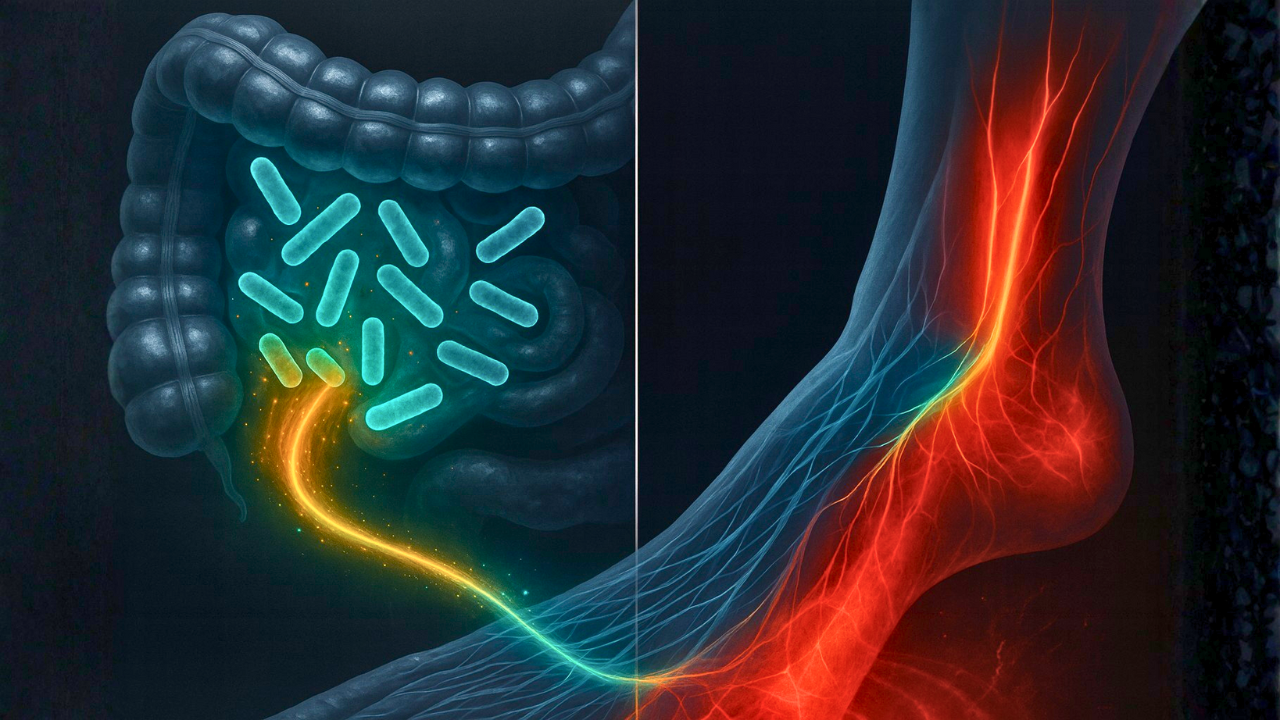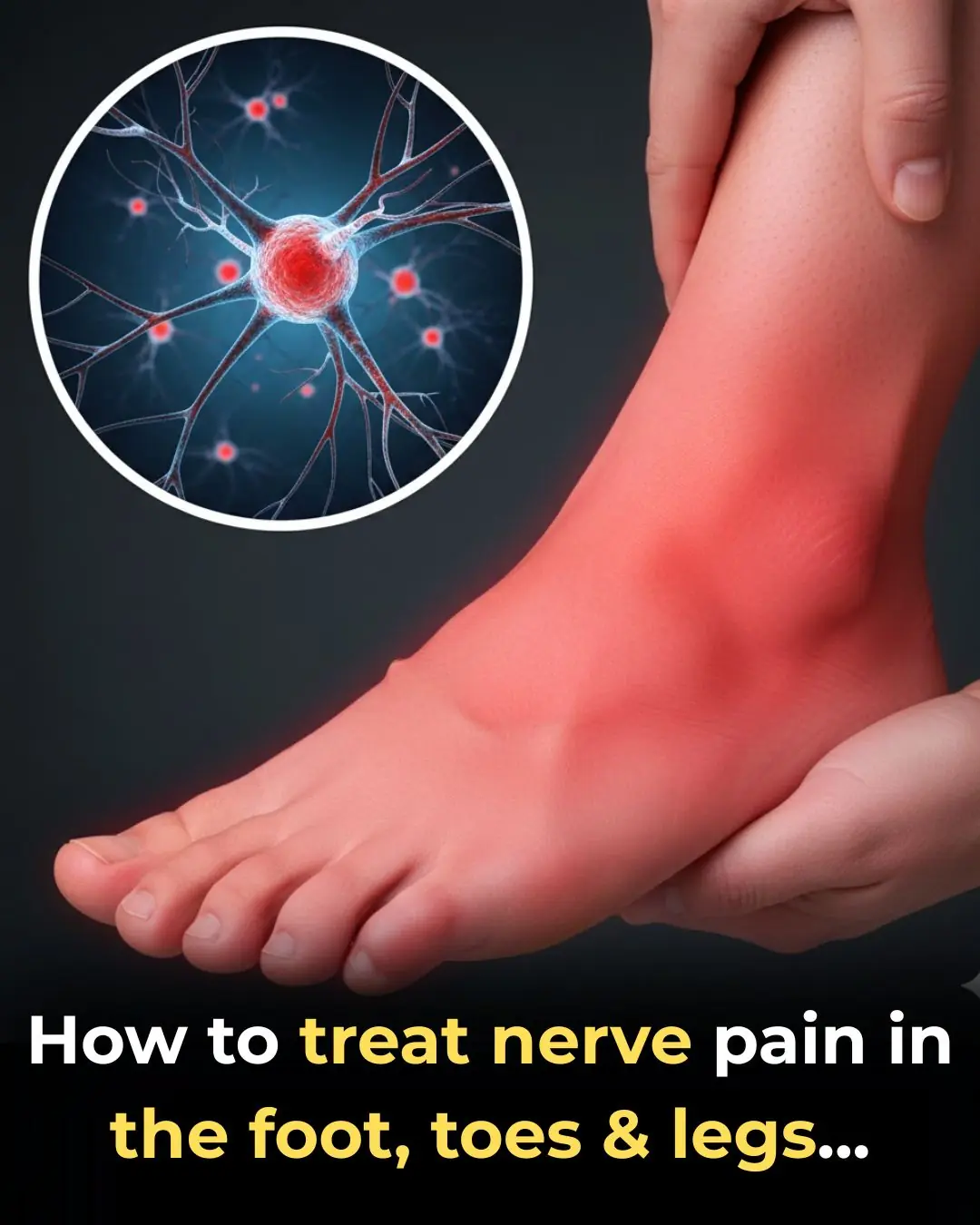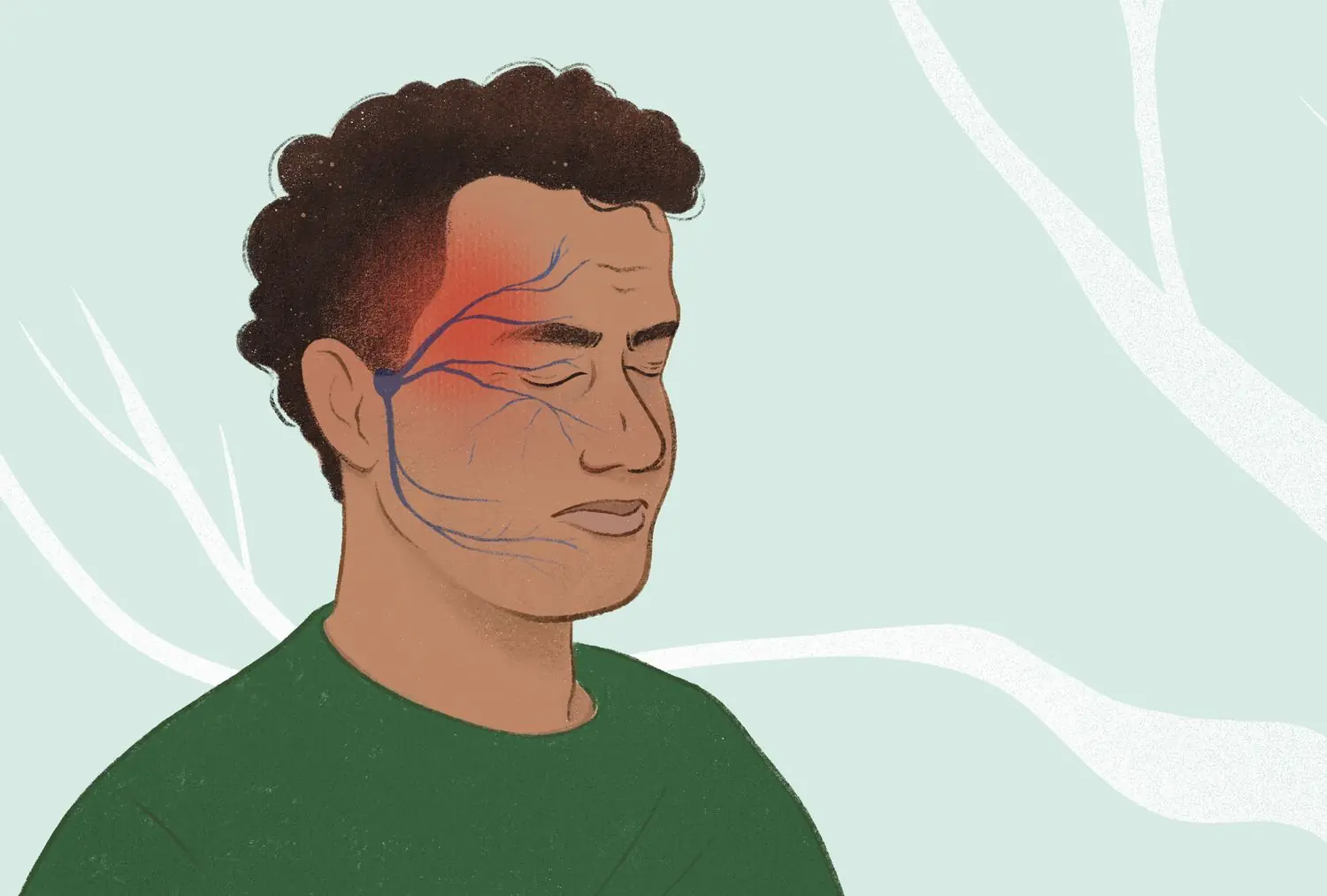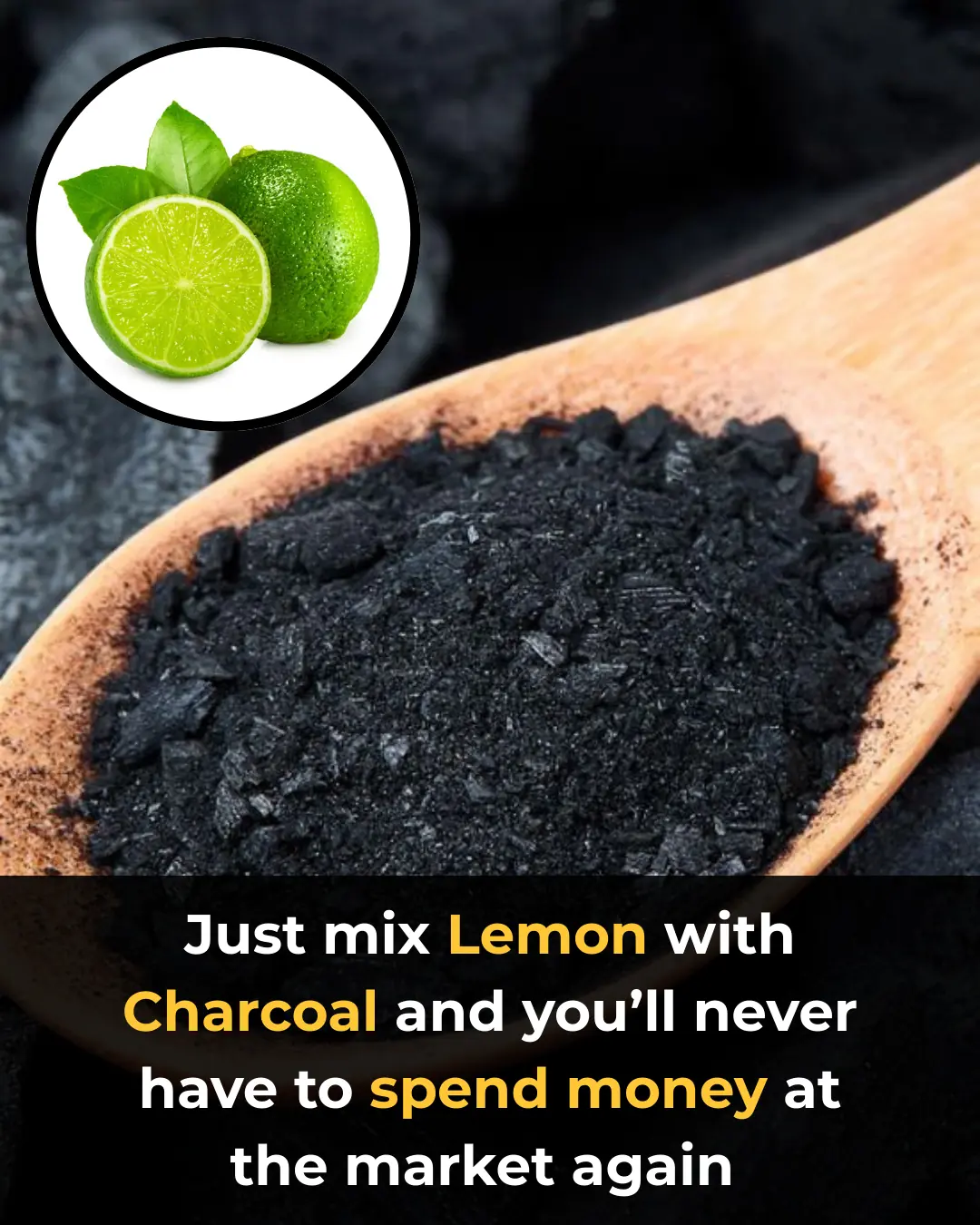
Fix your gut to fix your nerves: the hidden link most people overlook

Most people dread talking about poop, but what if I told you it holds the key to repairing your nerves? While not the most glamorous topic, your daily visit to the toilet can offer important clues about brain fog, tingling sensations in your feet, or unexplained nerve pain. In fact, the state of your poop could be a natural way to reduce nerve pain and support the healing of your nervous system. Intrigued? Let's break the taboo and explore how your gut health—and your daily "bathroom report"—can help protect and repair your nervous system. (Based on insights from Dr. Valerie Monteiro)
Key Takeaways:
-
The gut and nerves are intricately linked via a powerful pathway called the gut-nerve highway.
-
The balance of beneficial and harmful gut bacteria plays a direct role in nerve health and repair.
-
By examining the shape, color, and frequency of your poop, you can understand what your gut—and your nerves—are trying to communicate.
-
You can naturally support nerve healing and rebalance your gut with diet and lifestyle changes that focus on probiotics, prebiotics, turmeric, and aloe vera.
1. The Gut-Nerve Highway: Your Internal Wi-Fi
Your gut and nervous system are in constant communication, often referred to as the "gut-nerve highway." This connection, with the vagus nerve acting like the Wi-Fi link, enables your gut to send healing and calming signals to your nerves. When all is well, your body can repair, regenerate, and maintain clarity of mind.
However, when the balance of gut bacteria is disrupted, it’s like a traffic jam on this vital highway. Signals meant to heal get blocked, leading to discomfort such as nerve pain, tingling, brain fog, or even anxiety. If your gut is inflamed, your nerves will be too, and if your gut lacks nutrients, your nerves will suffer the consequences.
2. Meet Your Gut Bugs: Friends or Foes?
Within your digestive system, you have an army of bacteria—some act as heroes, and others as villains. Let’s explore their roles:
Villains: Harmful bacteria release toxins like lipopolysaccharides (LPS), which punch holes in your gut lining. This results in leaky gut syndrome, where these toxins seep into your bloodstream, causing widespread inflammation that damages the protective myelin around your nerves. This can result in burning pain, tingling, and nerve flare-ups.
Friends: On the other hand, beneficial gut bacteria work to heal and protect. These good bugs produce short-chain fatty acids like butyrate, which repair the gut lining, calm inflammation, and even support nerve fiber repair and brain regeneration through the production of brain-derived neurotrophic factor (BDNF).
Everyday habits such as consuming processed foods, sugar, antibiotics, and managing stress levels can tip the balance towards either harmful or beneficial gut bacteria.
3. Your Daily Scoreboard: What Your Poop Reveals
Although it may not be a popular subject, checking your poop is one of the fastest ways to understand if your gut is in balance—and by extension, how your nerves are doing.
The Bristol Stool Chart: What Does Your Poop Mean for Nerve Health?
-
Types 1 & 2: The Pebble Trail and Cracked Log
Small, hard, pellet-like stools indicate constipation. When waste sits in the colon too long, toxins can re-enter your bloodstream, leading to inflammation and nerve pain. -
Types 3 & 4: The Smooth, Sausage Shape (Gold Standard)
A smooth, sausage-like stool or one with gentle cracks suggests healthy digestion and low inflammation, allowing healing and repair to occur. -
Types 5, 6 & 7: The Water Slide, Mushy Mess, and Liquid Rush
Soft or watery stools mean your system is rushing through nutrients too quickly, leaving your body and nerves starved. Type 7 diarrhea, in particular, is a nerve emergency, as it causes rapid loss of nutrients and electrolytes.
Color and Frequency Count, Too:
-
Light to dark brown: Healthy baseline.
-
Pale/clay: May indicate liver or gallbladder issues.
-
Yellow: Excess undigested fat—potential pancreas or liver problems.
-
Black: Could be due to supplements (like activated charcoal) or bleeding higher up in the digestive tract.
-
Red: Potential bleeding in the colon or rectum, or simply from eating beets!
Going at least once a day is the minimum. Ideally, aim for two to three times a day. Less frequent bowel movements can cause waste to sit in the gut, which invites inflammation and nerve flare-ups.
4. Three Gut Fixes for Nerve Health
Here’s the good news: you can reset your gut and promote nerve healing. Start by incorporating these three proven strategies:
1. Probiotics: The Gut Rebuilders
Probiotics are beneficial bacteria that repopulate your gut with heroes like Lactobacillus and Bifidobacterium. Research shows that multistrain probiotics can help reduce nerve pain, calm nerve flare-ups, and even repair nerve damage. Key strains include:
-
Lactobacillus plantarum: Activates the immune system to focus on repair.
-
Lactobacillus rhamnosus: Helps restore the gut barrier and reduce nerve inflammation.
-
Bifidobacterium longum: Strengthens the gut-nerve barrier and calms pain signals.
Look for multistrain supplements with 5 to 14 different strains for optimal benefits.
2. Prebiotics: The Good Bug Fuel
Prebiotics are the fibers that feed your good gut bacteria. By nourishing them, you allow these bacteria to produce healing fatty acids like butyrate, which calm inflammation and accelerate nerve repair.
No need for expensive supplements—start by incorporating foods like garlic, onions, bananas, apples, oats, flax, and chia seeds. For a stronger prebiotic boost, try chicory root or Jerusalem artichokes. Aim for 5–15 grams of prebiotics daily.
If you're on a keto or carnivore diet, inulin powder is an excellent zero-carb option. Pair prebiotics with probiotics for maximum benefits.
3. Turmeric & Aloe Vera: Natural Nerve Soothers
-
Turmeric: This golden spice is a potent anti-inflammatory that supports gut health and protects the myelin sheath surrounding your nerves. For better absorption, always combine it with black pepper.
-
Aloe Vera: Known for its ability to repair the gut lining and reduce inflammation, aloe vera also supports new nerve growth. Stick to the inner gel for its healing benefits, avoiding the outer rind which can have a laxative effect.
Try adding a tablespoon of aloe vera gel to your daily smoothie as a soothing boost.
Conclusion: Listen to Your Body’s Daily Scoreboard
Your body is constantly communicating with you—through your gut, and specifically through your poop. The good news is that you can use this feedback to guide your health journey. By adding probiotics, fueling them with prebiotics, incorporating turmeric into your meals, and trying aloe vera, you’ll soon notice a reduction in nerve pain, improved focus, and steady energy.
This isn’t just about poop—it’s about proof. Proof that small changes can make a big impact on your health. Start making these adjustments today and watch your gut and nerve health transform!
News in the same category


AVOID Ginger If You Have THESE Health Problems

12 medications you should never mix with coffee

Headache Above or Behind the Left Eye: Causes and Treatments

7 best foods to rebuild your muscle strength after 50

The B vitamin solution: lower blood pressure when medications fail

Take this one shot and watch what happens to your blood pressure

5 Unique Things You Only Experience When Loving an Older Woman

6 Best Remedies To Clear Out Your Arteries

6 fruits that help your body fight cancer cells naturally

Warning Signs Your Magnesium, Potassium, and Calcium Levels Are OFF and How to FIX It!

Doctors reveal the no.1 supplement to reduce dementia risk

Top 5 veggies to detox your arteries & prevent heart attacks!

THIS SEED: AFTER 50, IT STRENGTHENS BONES & CURES ALL PAINS

High Blood Pressure Has a New Culprit

How to treat nerve pain in the foot, toes & legs

Unlocking the Power of Rosemary Tea: A Natural Elixir for Mind, Body, and Soul

Drinking Water the Right Way

Headache Above or Behind the Left Eye? Here’s What It Could Mean
News Post

You're doing it all wrong. Here’s the right way to clean humidifiers

Nurse Promises Not to Laugh at This Man’s Problem

What Your “Odd Animal Out” Choice Says About You

As he nears 100, Dick Van Dyke, 99, makes a touching confession about his life

Two Golden Elixirs for Energy, Glow & Balance

The Power of Hawthorn (Genus Crataegus): A Natural Ally for Heart and Cholesterol Health

The Real Benefits of Mixing Lemon with Activated Charcoal

The Surprising Healing Power of Onion Milk

Increase Breast Size Naturally

Beetroot: 3 Simple Recipes + 10 Powerful Health Benefits

A Small Refrigerator Button Can Save You Hundreds on Your Electric Bill: Most People Don’t Know

AVOID Ginger If You Have THESE Health Problems

Magic Eraser can be used for almost anything, but here's what you didn't know

Why You Shouldn’t Keep Doors Fully Closed When Using Air Conditioning

12 medications you should never mix with coffee

8 Foods That Fight Cancer – Add Them to Your Diet Regularly

What Health Conditions Can Garlic Soaked in Honey Help With?

How to Make Steamed Pear with Rock Sugar — Delicious, Comforting, and Packed with Nutrition

Headache Above or Behind the Left Eye: Causes and Treatments
